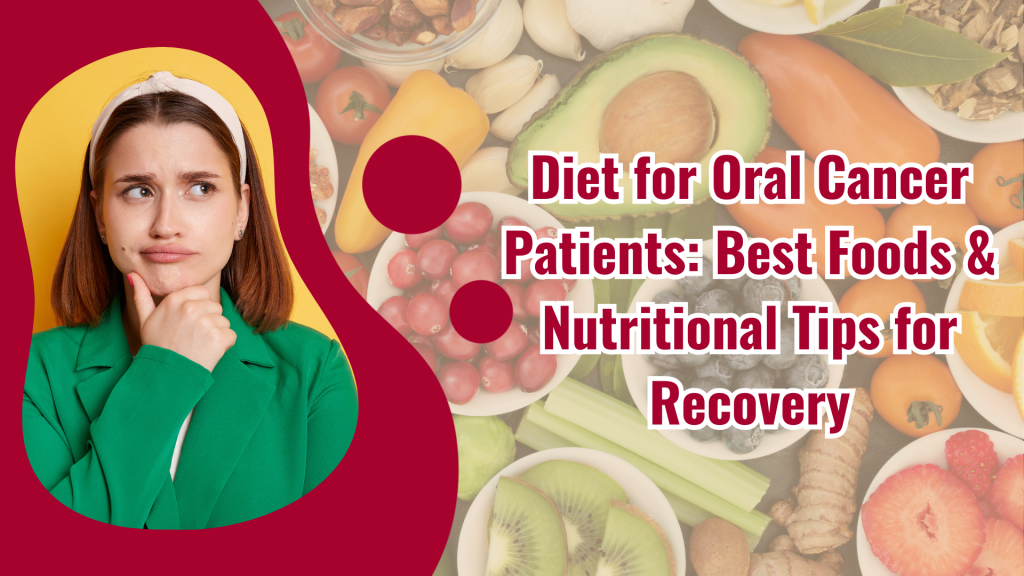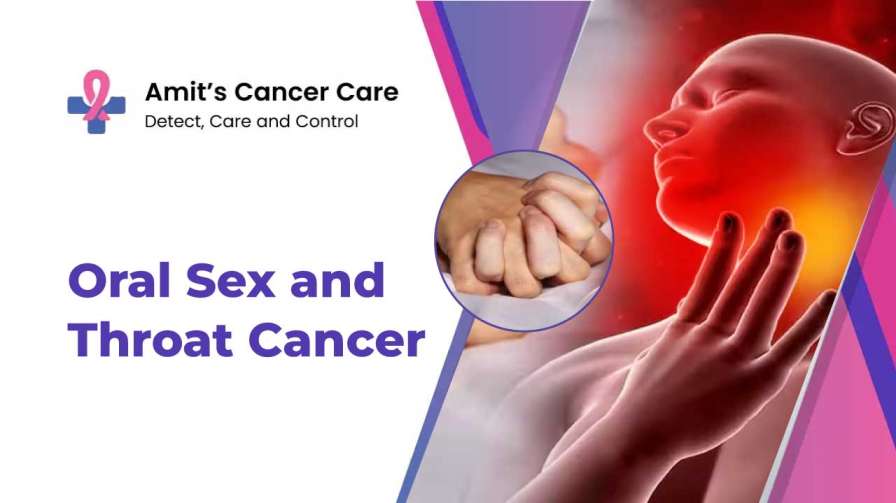Introduction
Oral cancer patients require a well-balanced diet to support healing, boost immunity, and minimize treatment side effects. Since treatments like surgery, radiation, and chemotherapy can affect chewing, swallowing, and appetite, a carefully planned diet plays a crucial role in recovery. This guide provides dietary recommendations tailored for oral cancer patients, ensuring optimal nutrition and improved well-being.
Nutritional Challenges Faced by Oral Cancer Patients
Patients undergoing oral cancer treatment often experience:
- Difficulty in chewing and swallowing (dysphagia)
- Mouth sores and ulcers
- Taste loss or change in perception
- Dry mouth (xerostomia)
- Reduced appetite and weight loss
- Increased risk of infections
Best Foods for Oral Cancer Patients
A soft, nutrient-rich diet can help patients maintain their energy levels and promote healing. Below are recommended food categories:
1. Protein-Rich Foods
Protein strengthens the immune system and helps heal damaged tissue.
- Soft-boiled eggs
- Greek yogurt
- Cottage cheese or paneer
- Smooth nut butters (almond, peanut, cashew)
- Tofu and soft lentils
- Protein shakes and smoothies
2. Healthy Carbohydrates
Carbohydrates provide the necessary energy required for recovery.
- Well-cooked oatmeal and porridge
- Mashed potatoes or sweet potatoes
- Soft whole-grain bread or rice
- Blended soups with vegetables and legumes
3. Healthy Fats
Good fats support energy levels and reduce inflammation.
- Avocados
- Olive oil and flaxseed oil
- Soft nuts and seeds (grounded or blended)
- Omega-3-rich fish like salmon (if chewable)
4. Vitamins and Antioxidants
Vitamins A, C, and E, along with antioxidants, aid in cell repair and enhance immunity.
- Smoothies with banana, papaya, and berries
- Pureed vegetables like carrots, spinach, and pumpkin
- Steamed and mashed broccoli and cauliflower
- Fresh fruit juices (avoid citrus if mouth sores are present)
5. Hydrating Fluids
Hydration is essential to combat dry mouth and maintain overall health.
- Lukewarm herbal teas (chamomile, ginger)
- Coconut water
- Low-sodium broths and soups
- Milk and lactose-free alternatives (soy or almond milk)
Foods to Avoid
Certain foods can irritate the mouth, cause discomfort, or hinder recovery:
- Spicy and acidic foods (citrus fruits, vinegar, chili peppers)
- Crunchy and hard foods (chips, toast, raw vegetables)
- Extremely hot or cold foods (extreme temperatures can cause discomfort)
- Sugary and processed foods (candies, carbonated drinks, processed snacks)
- Alcohol and caffeine (can cause dehydration and mouth irritation)
Meal Planning Tips for Oral Cancer Patients
1. Opt for Soft and Moist Foods
Cook foods until they are soft, mashable, or easily blendable.
2. Small, Frequent Meals
Eating smaller portions throughout the day prevents fatigue and improves digestion.
3. Use Nutrient-Dense Additions
Enhance meals with healthy oils, protein powders, or ground seeds to increase nutrient intake.
4. Experiment with Textures
Try different consistencies, such as smoothies, purees, and soups, to find what works best.
5. Stay Hydrated
Sip water, broth, or milkshakes regularly to avoid dehydration.
Conclusion
A well-balanced diet for oral cancer patients can improve recovery, reduce side effects, and enhance overall well-being. By choosing soft, nutrient-dense foods and staying hydrated, patients can maintain their strength and promote healing during treatment. Always consult a healthcare professional or dietitian for personalized dietary recommendations.






